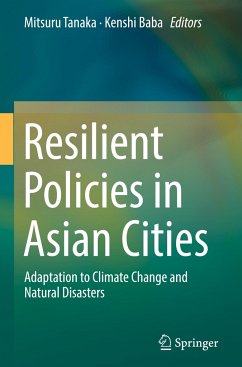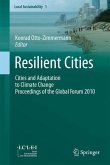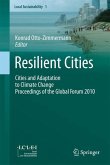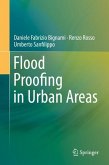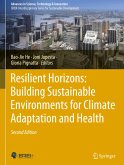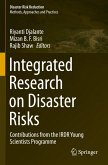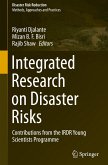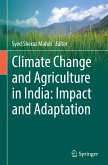This book presents a comprehensive framework and indicators that can be used to assess a city's degree of resilience. Based on surveys using bottom-up assessment tools, it proposes the concept, framework and indicators of a resilient policy model (including some participatory approaches). It also presents case studies of this and similar tools applied to Japanese and Asian cities, the highlights including information not previously available in English. Today, the term "resilience" is prevalent in the context of sustainable societies. The IPCC AR5 published in 2014 again stressed the impact of climate change on natural disasters, while in March 2015 at the World Conference on Disaster Risk Reduction, the United Nations International Strategy of Disaster Reduction (UNISDR) published the Sendai Framework for Disaster Risk Reduction Action 2015-2030 , which serves as a guideline for local governments. Offering transdisciplinary perspectives from fields such as policy science, urban planning, environmental science, social psychology, management development and geography, this book discusses the lessons learned from Asian case studies, explaining the challenges and the effectiveness of the tools, and offering transdisciplinary insights for policymakers.
Bitte wählen Sie Ihr Anliegen aus.
Rechnungen
Retourenschein anfordern
Bestellstatus
Storno

